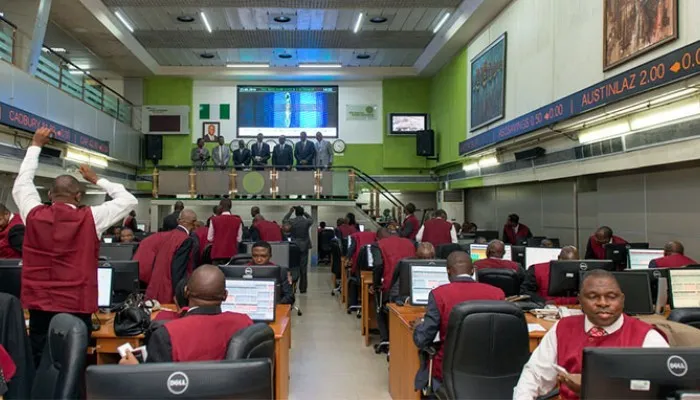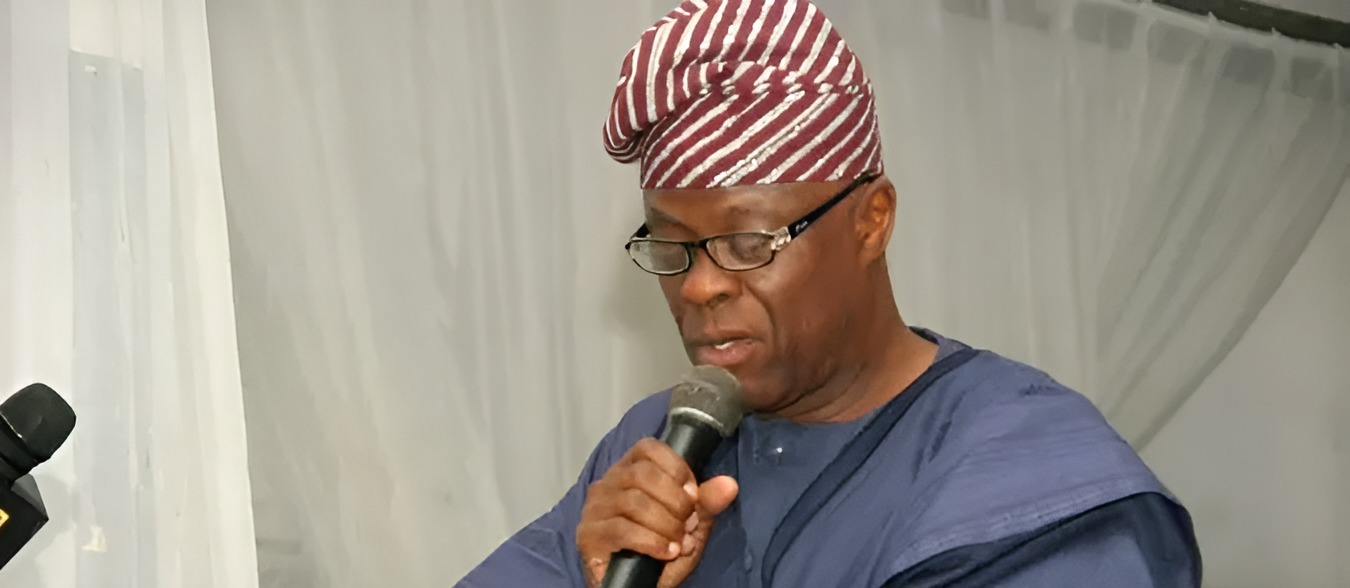Presidency Targets $1bn Investment from Compressed Natural Gas Initiative in 2025
Presidency Targets $1bn Investment from Compressed Natural Gas Initiative in 2025
•Says initiative attracted over $491m private investment in 12 months
Deji Elumoye in Abuja
The Presidential Compressed Natural Gas Initiative (PCNGI) is planning to attract $1 billion in investments into Nigeria’s alternative fuel sector by December, 2025.
The initiative’s Project Director and Chief Executive Officer, Engr. Michael Oluwagbemi, who made this known yesterday while speaking with newsmen at the State House, Abuja, expressed confidence that the ambitious investment target is achievable, citing recent progress in the sector.
He said: “We’ve set a goal of about $1 billion of investment for ourselves this year. I think we have made appreciable progress towards achieving that.
“If I just take the 100 additional NNPC investments in daughter stations, that’s close to $50 million, and the $27 million arrested, we’re already close to $100 million in the last one month alone.”
According to him, the continued growth in investment inflows could see the initiative surpass its target, saying, “so if I’m doing about $100 million a month, I think I will be close to $1.2 billion by the end of the year.
“So yes, I think I’m confident we’ll hit our $1 billion goal.”
Oluwagbemi also stated that the PCNGI had secured over $491 million in private sector investments within the last 12 months to boost the Automotive CNG sector.
The PCNGI, launched by President Bola Ahmed Tinubu on October 1, 2023, is aimed at facilitating the adoption of compressed natural gas (CNG) and electric vehicles (EVs) in Nigeria, as a response to the removal of fuel subsidies and the rising cost of transportation.
He also provided an update on the initiative’s infrastructure expansion, particularly in the areas of refueling and conversion capacity.
His words: “We have a goal of having 500 conversion centers set up this year. To have a total of 500 conversion centers at the end of the year means an additional 300 are supposed to be set up this year.”
He added that the expected increase in the conversion centers would significantly expand Nigeria’s capacity to transition vehicles from petrol to gas.
“That will increase our conversion capacity from about 65,000 a year currently, to about 250,000 to 300,000 a year at the end of this year. So it will also be a significant boost for conversions,” the CEO noted.
Oluwagbemi also revealed that PCNGI has attracted more than $491 million in private sector investments within the past 12 months.
Describing the milestone as the most important achievement of the initiative to date, he stressed that it followed extensive stakeholder engagement and public awareness campaigns from May to November 2024.
“We have attracted over $491 million of investments in the past year to AutoNG and we are very proud of it. This has created over 9,000 direct and 75,000 indirect jobs,” he added.
According to him, the initiative was not only helping to reduce the cost of living but is also boosting job creation, driving industrial investments, and promoting environmental sustainability.
He said Nigeria’s vehicle conversion capacity had increased dramatically—by almost 3,000 percent—thanks to private sector investments that established more than 200 new conversion centers, up from just seven at the start of the program.
“This has directly employed over 3,000 new technicians as a result of the Conversion Incentive Program,” Oluwagbemi added.
“The Conversion Incentive Program (CIP), which was introduced in response to cost-of-living protests in August 2024, is targeted at converting one million vehicles—primarily public and government-owned—either for free or at subsidised rates.
“So far about 22,000 conversion kits have been delivered, with 10,000 conversions expected to be completed by the end of the current quarter.
“We’ve also expanded the program to allow deep discounts for public servants and will soon launch a financing initiative in collaboration with Credit Corp and public sector unions,” he revealed.
Oluwagbemi also highlighted the procurement of 655 CNG and EV buses through the Federal Ministry of Finance.
Of these, 421 CNG buses and 36 EV buses have been delivered, with 405 already deployed under various government and commercial transport schemes.
“The Renewed Hope Mass Transit scheme launched during the Yuletide has continued commercially and will soon be expanded to tricycles,” he said.
Commenting on recent concerns over fuel availability, Oluwagbemi said the PCNGI had launched a Last Mile Gas Infrastructure scheme to support refueling needs and ease pressure caused by increased CNG adoption.
According to him: “We are providing equipment at cost to key conversion centers and refueling partners, with 25 sites targeted and 15 states slated for coverage. The first site in Kwara is already live.”
He added that the initiative is expected to reach 17 states by June and expand to 24–30 states by the end of 2025.
“To complement government efforts, private partners including NNPC, NIPCO, Bovas, AY Shafa, and others have begun constructing over 150 new refueling stations across the country”.
He further announced plans to launch a Diesel Conversion Program later this year, noting its potential to reduce food and goods transportation costs by up to 80 percent.
His words: “In line with capacity development goals, PCNGI is also collaborating with the Federal Ministry of Education and the Midstream and Downstream Gas Infrastructure Fund to introduce discounted CNG services and transportation in 20 federal universities, while turning the campuses into hubs for technician training and gas infrastructure development.
“To ensure safety, the initiative is working with regulatory bodies to launch the Nigeria Gas Vehicle Monitoring System (NGVMS), which will track and certify CNG and gas-powered vehicles.
“Only properly converted or inspected vehicles will be allowed to refuel and operate, enforced by NMDPRA and FRSC.”
Oluwagbemi also assured that the sole safety incident recorded so far was due to illegal fabrication and has been addressed.
•Says initiative attracted over $491m private investment in 12 months Deji Elumoye in Abuja The Presidential Compressed Natural Gas Initiative (PCNGI) is planning to attract $1 billion in investments into


